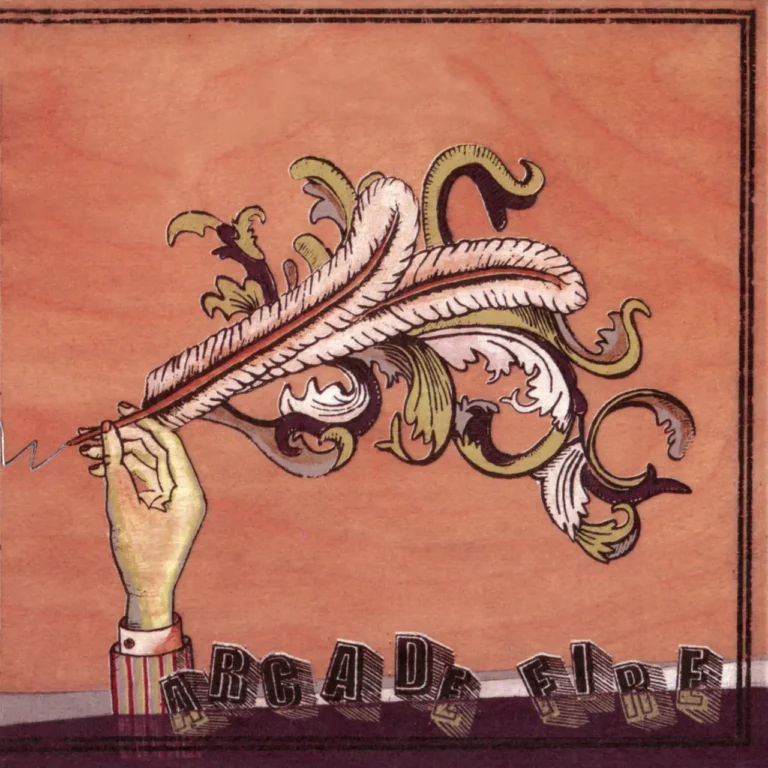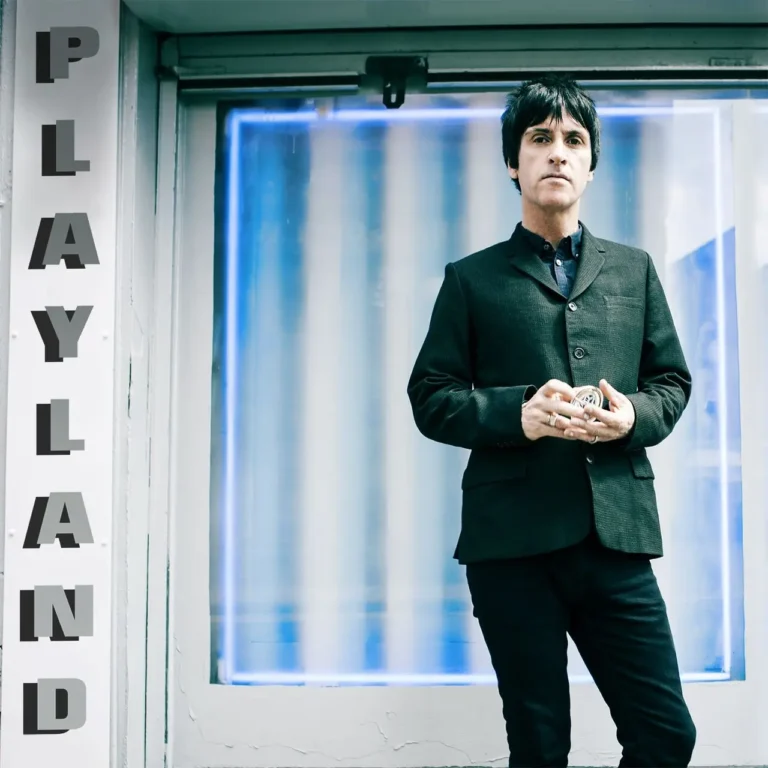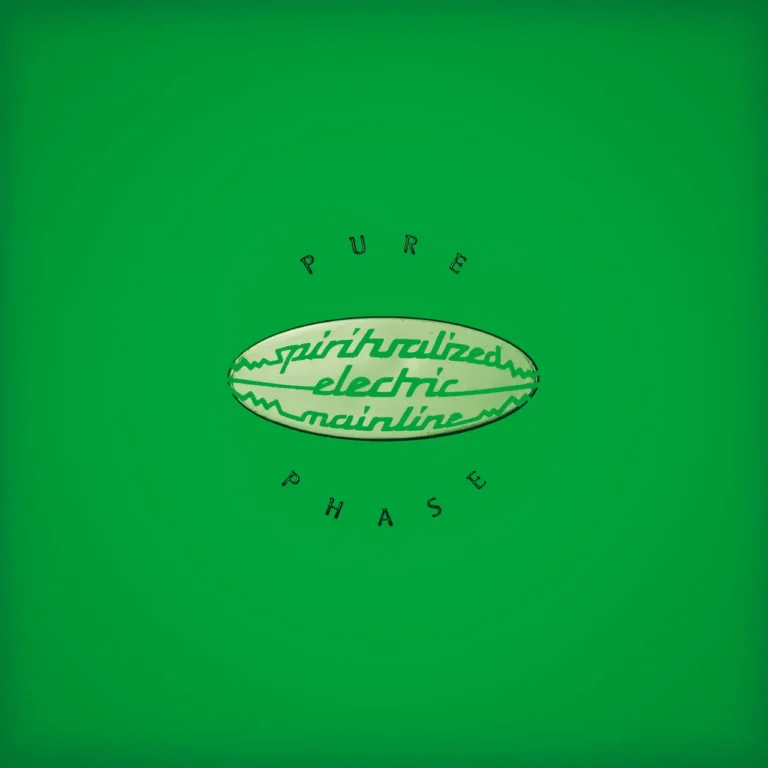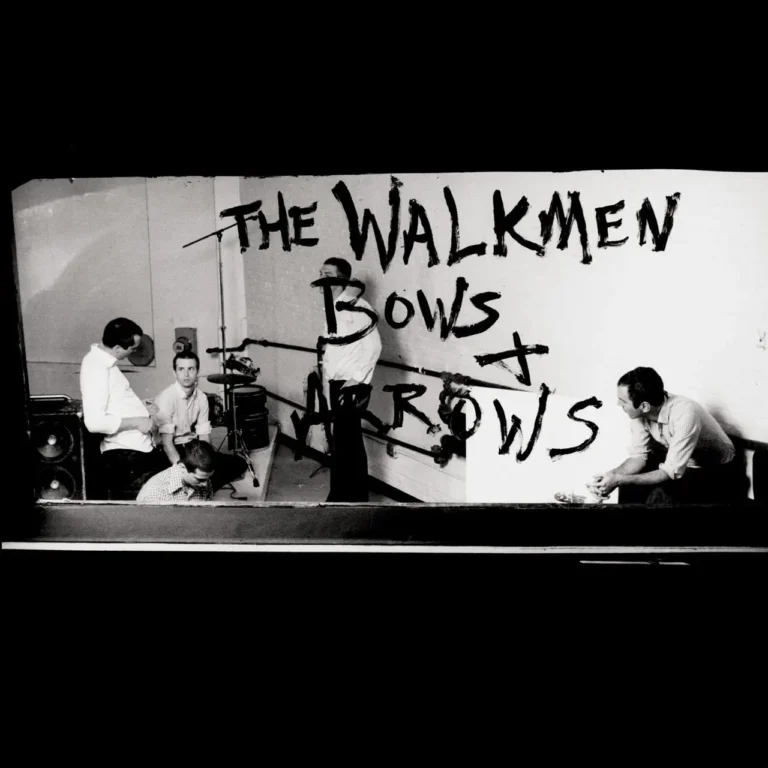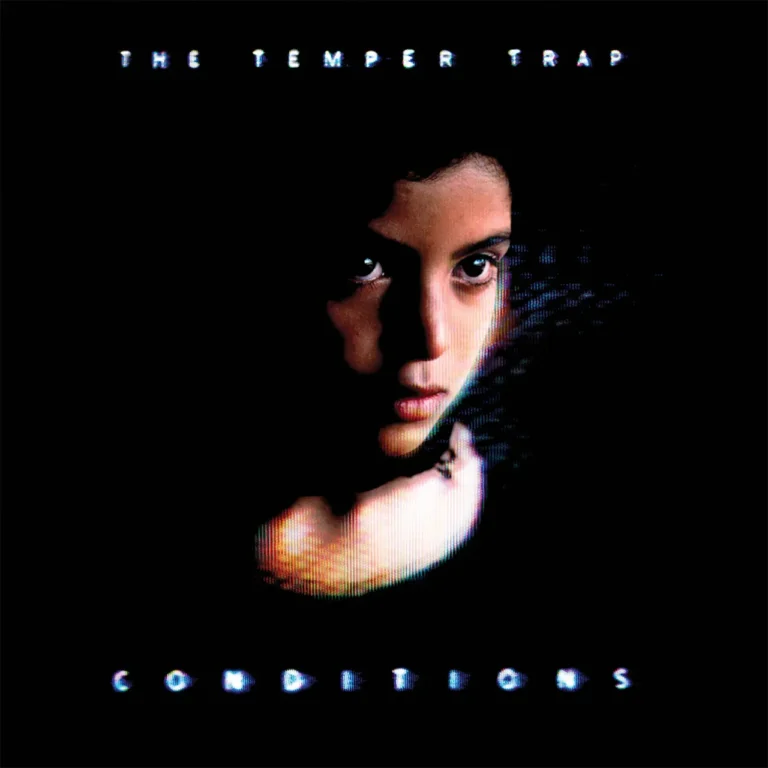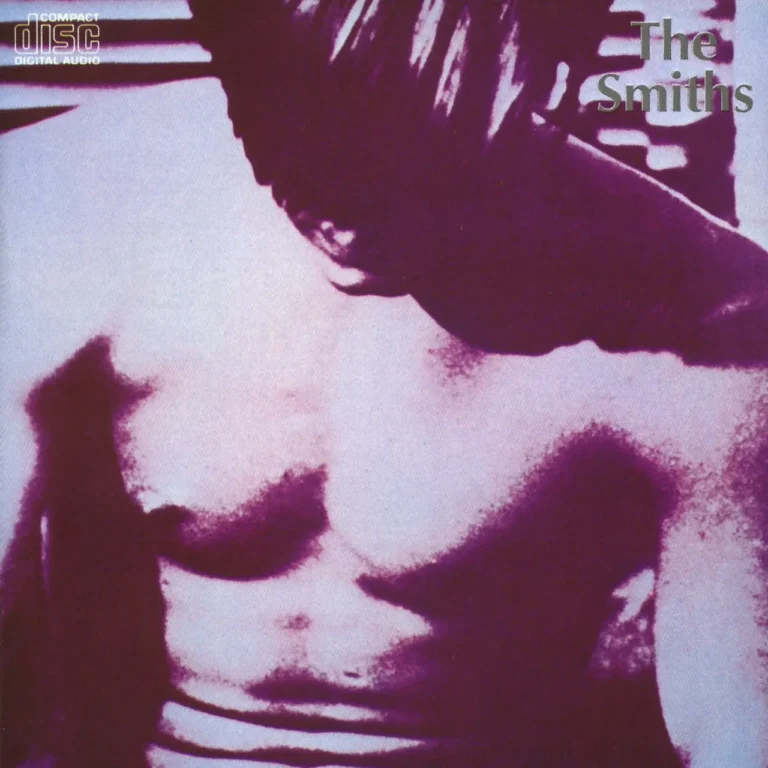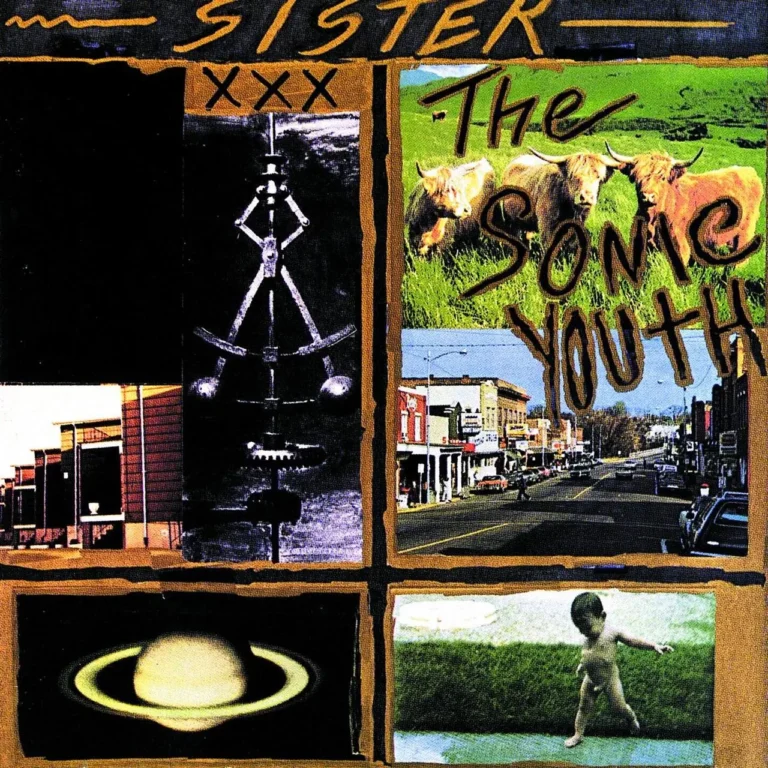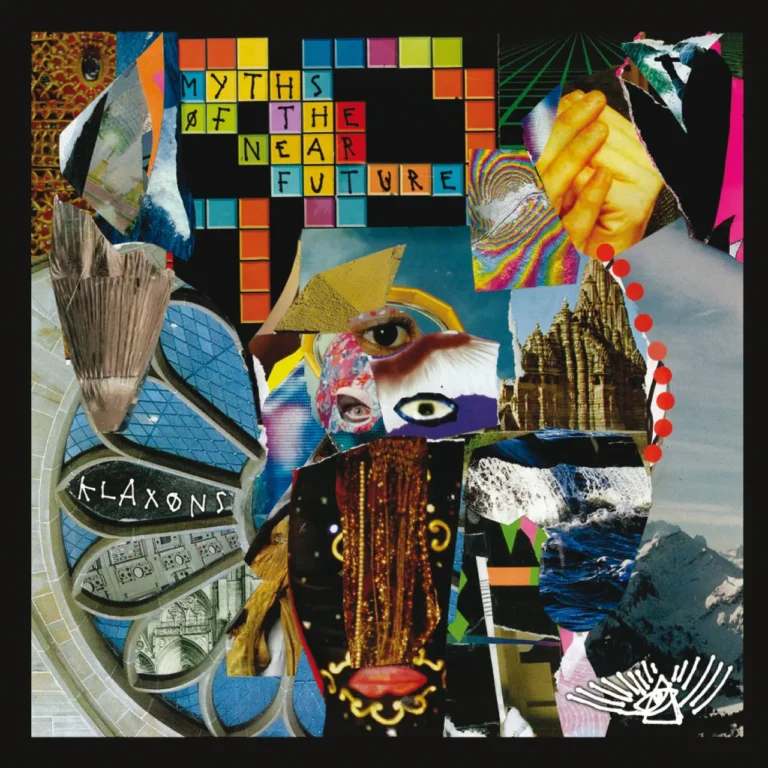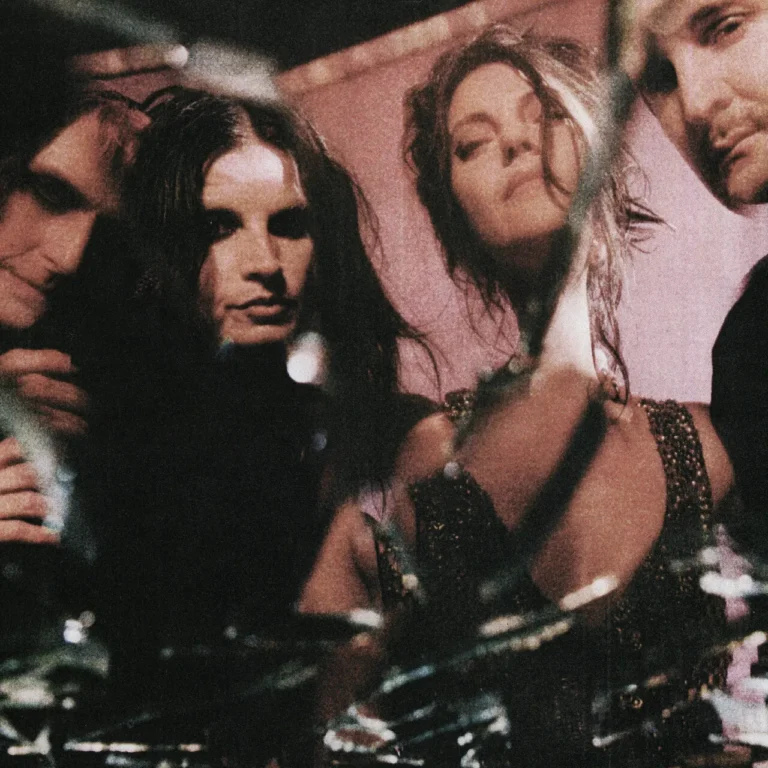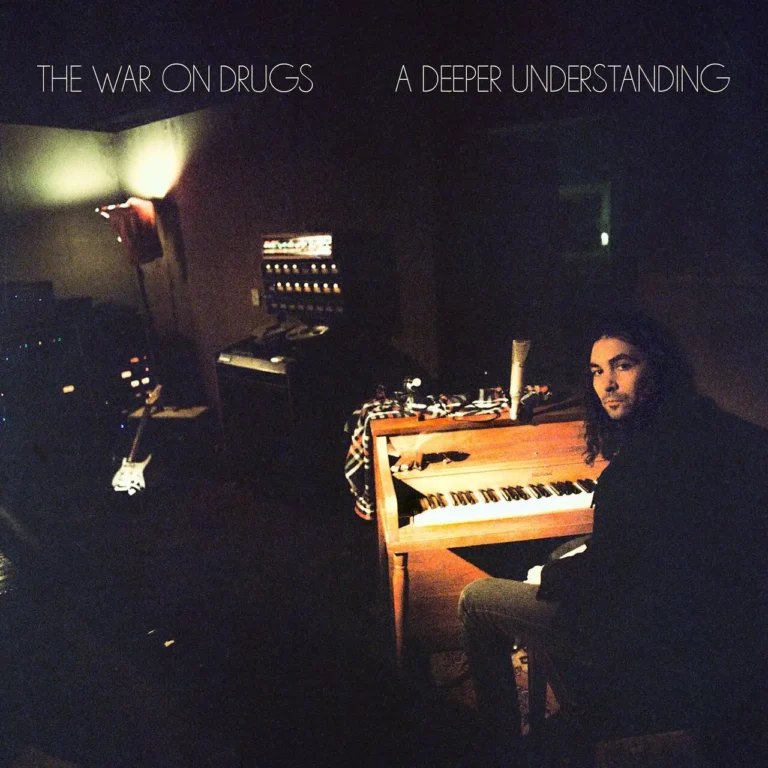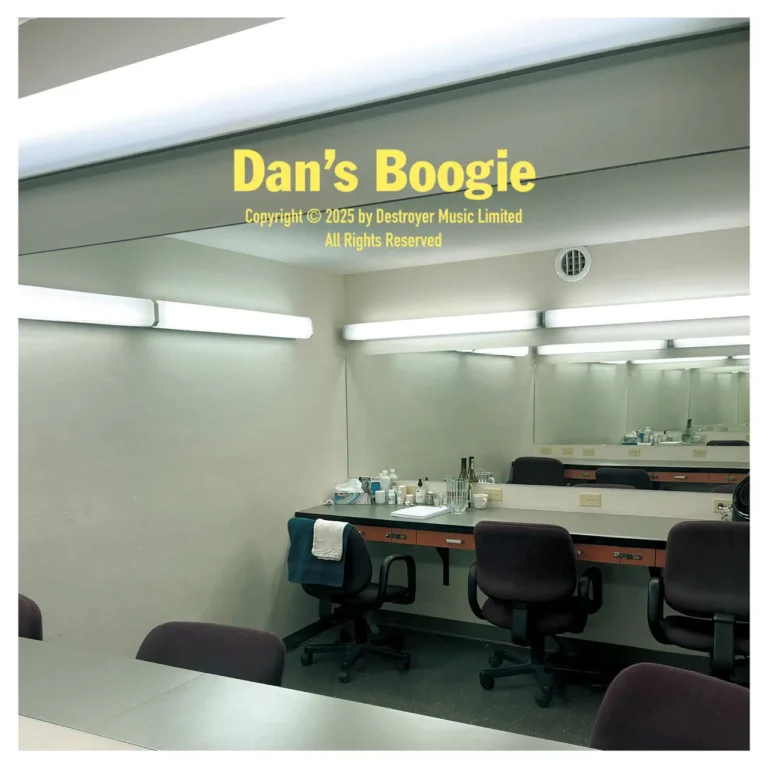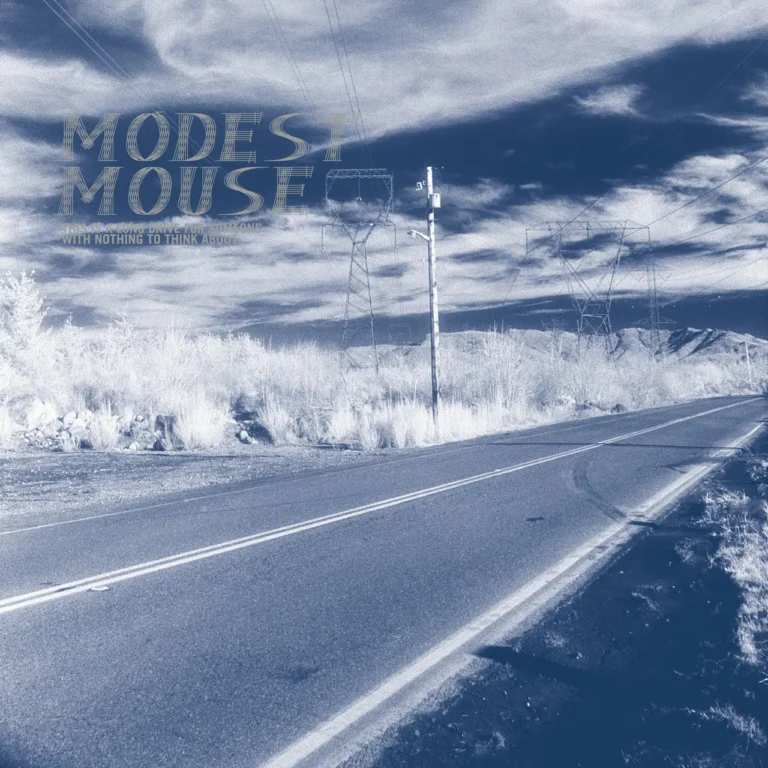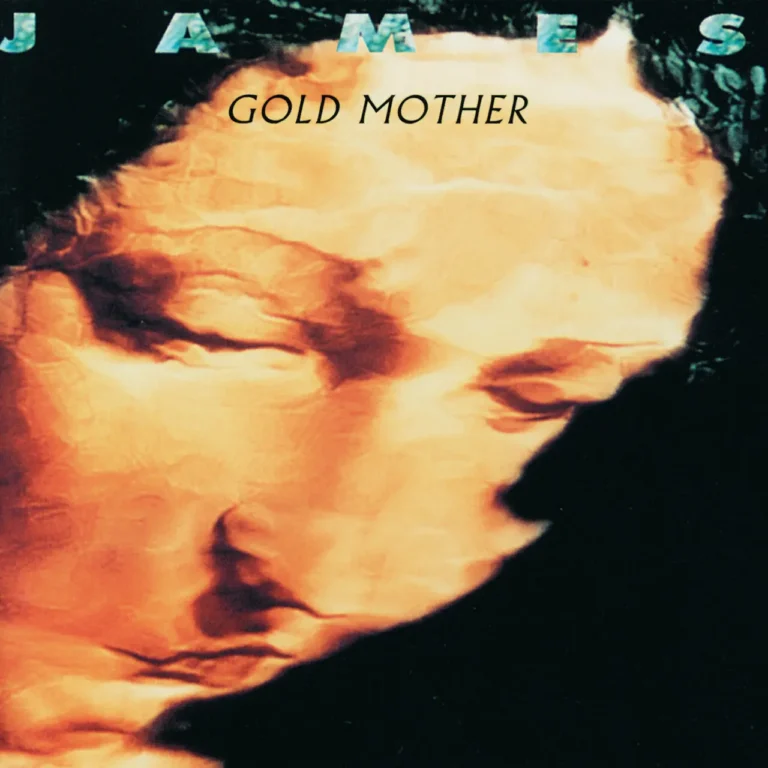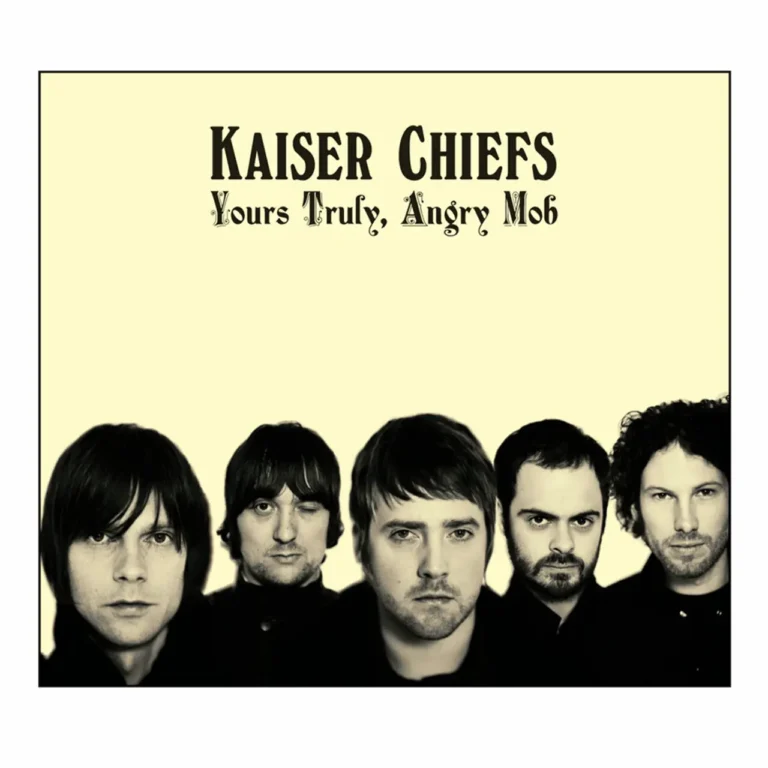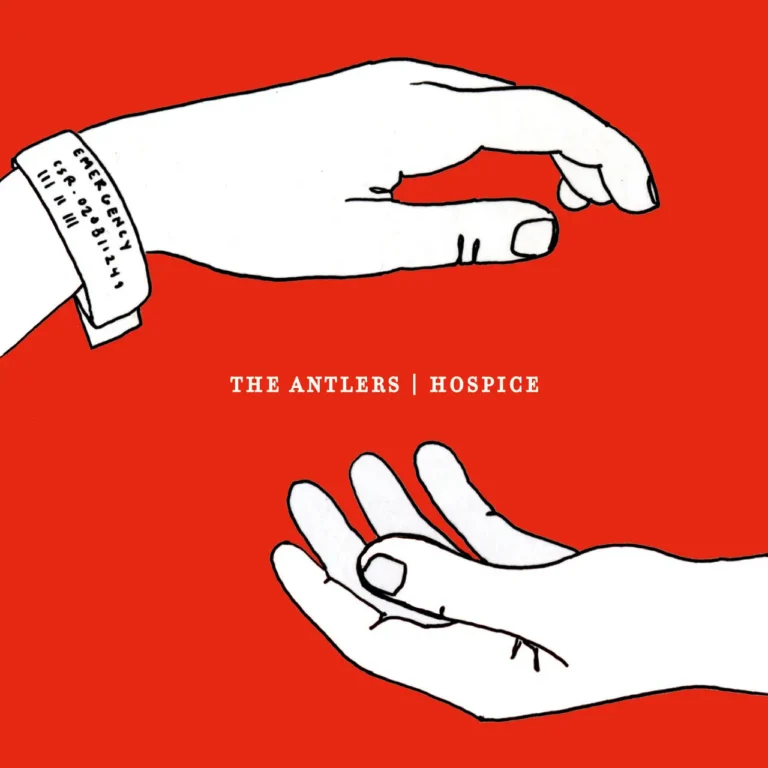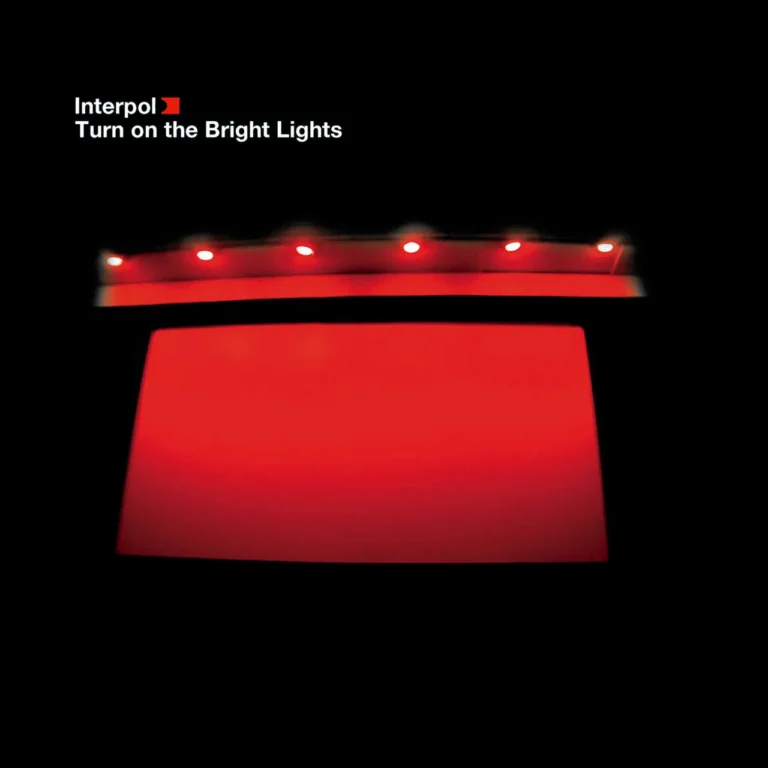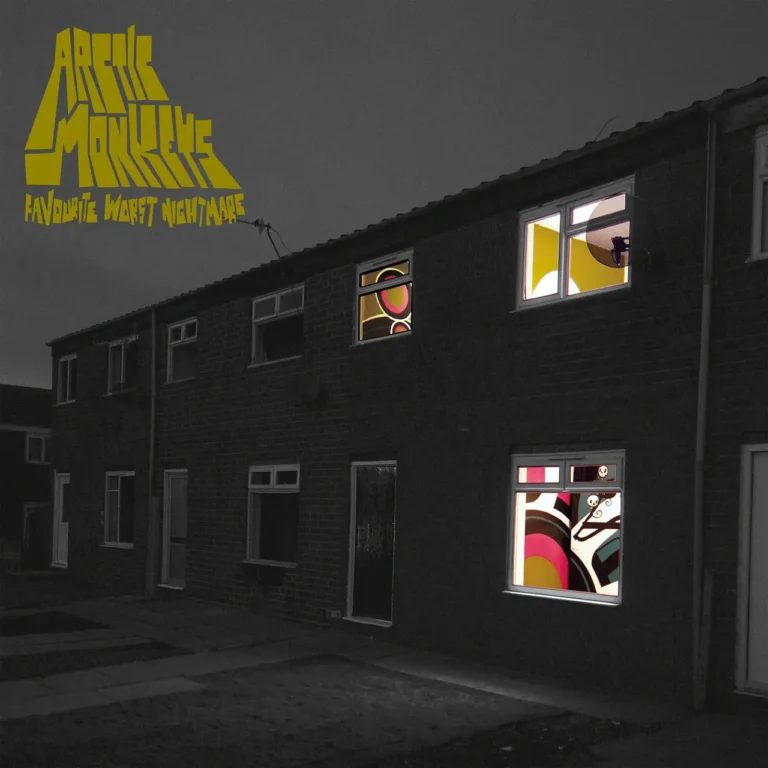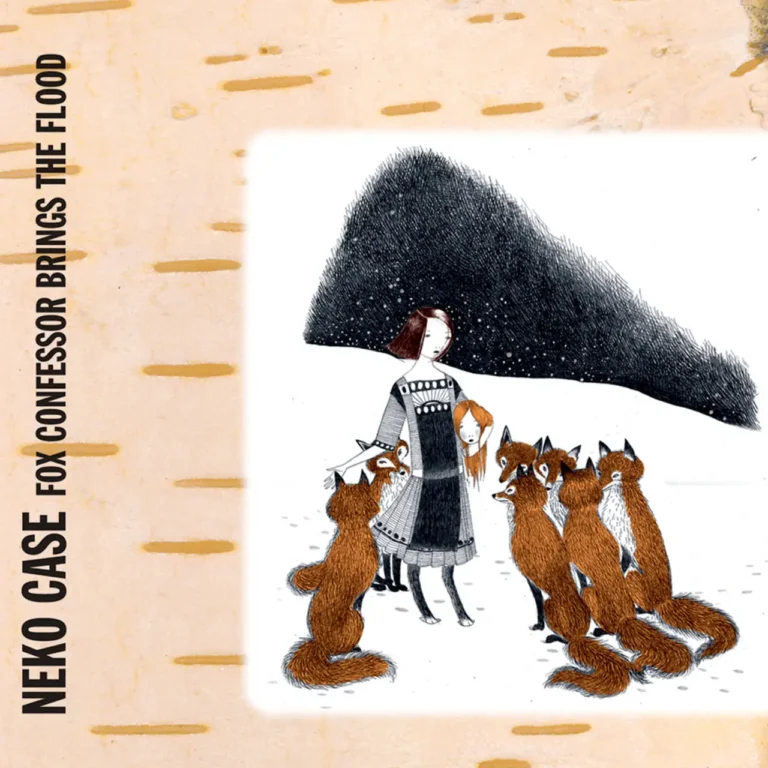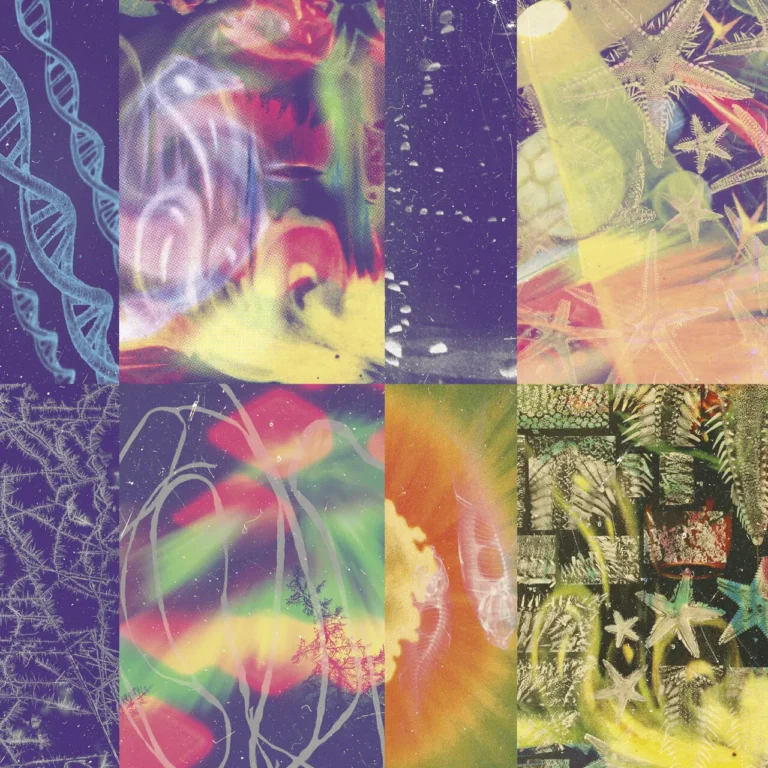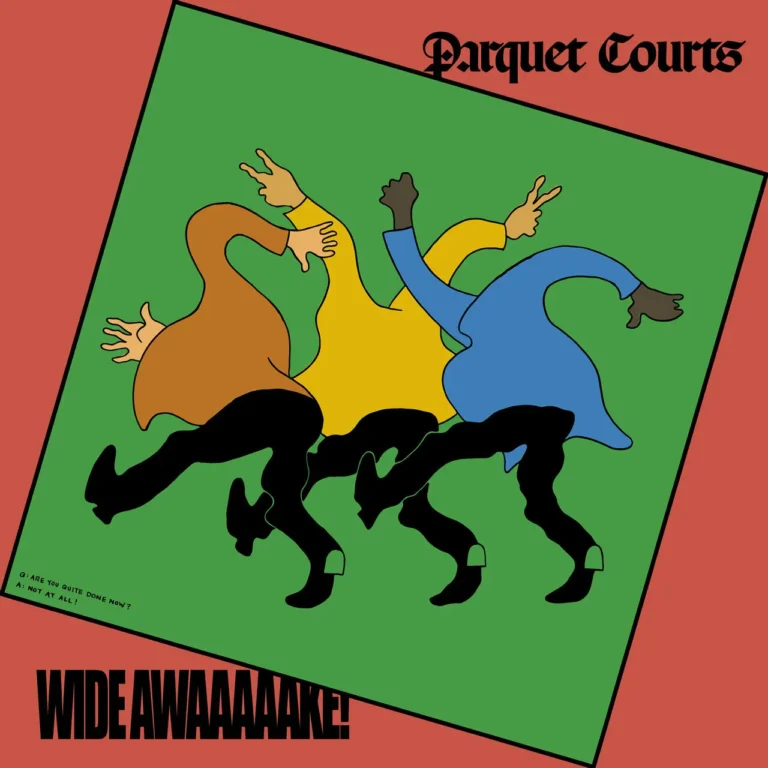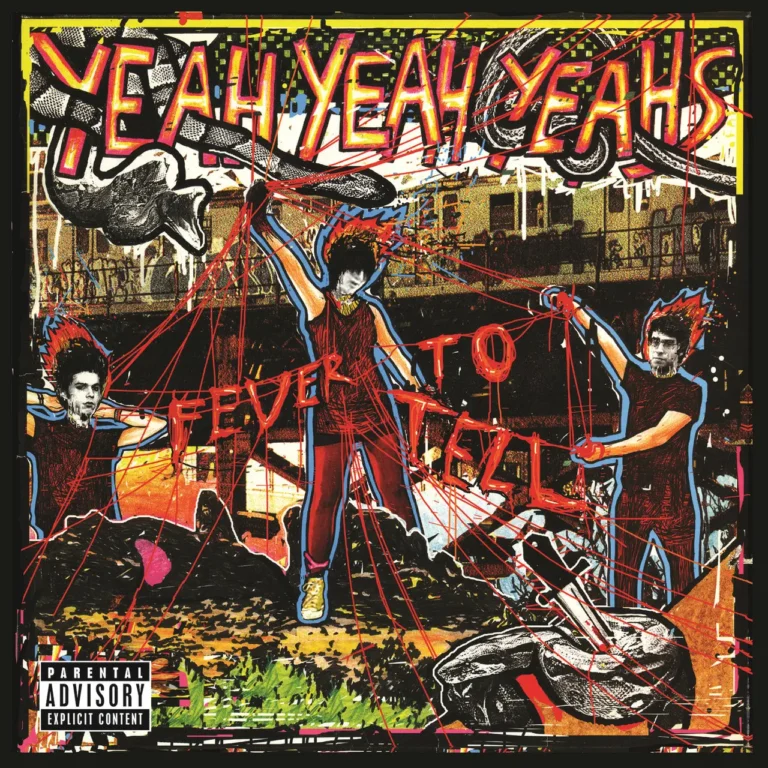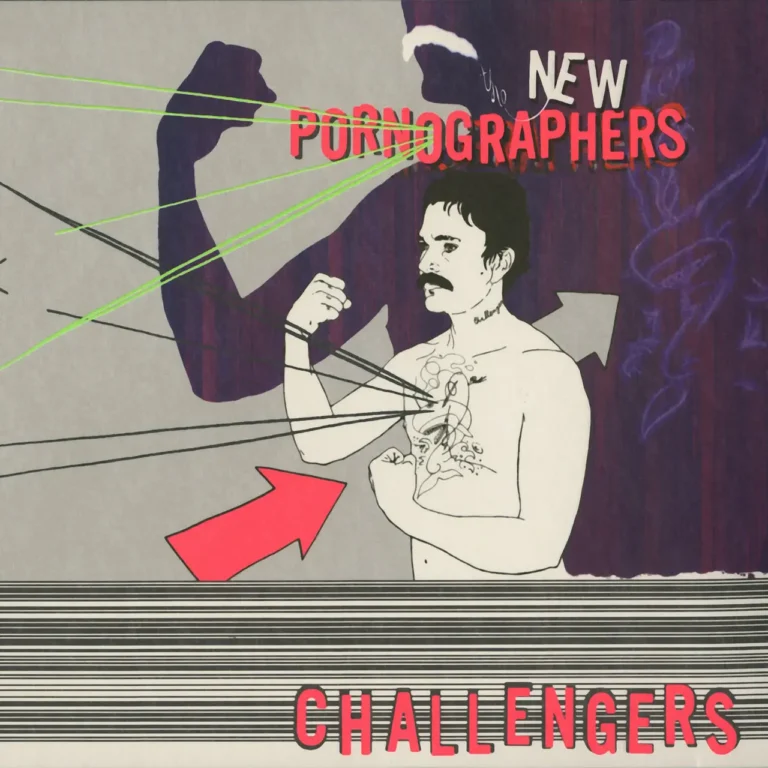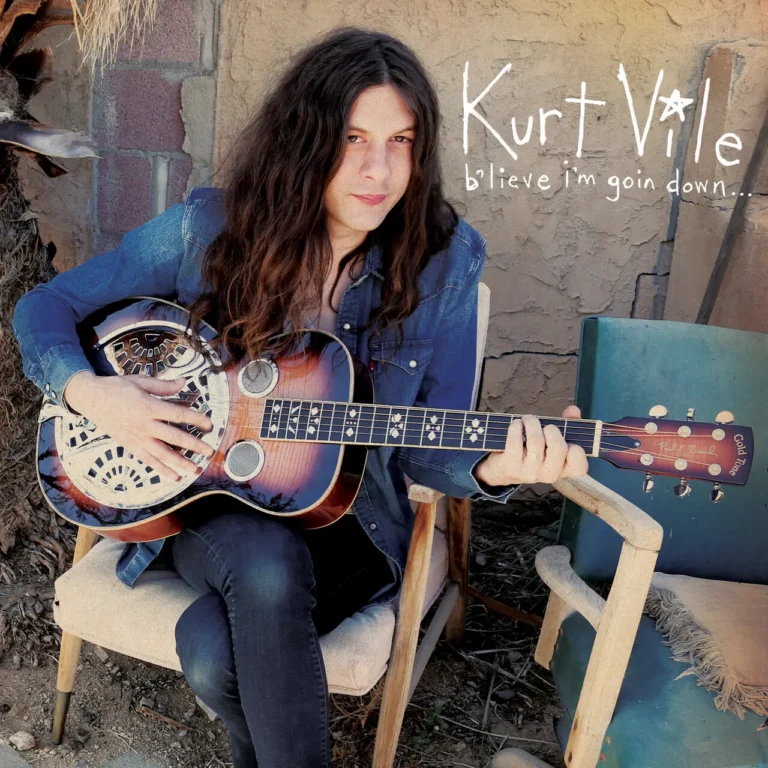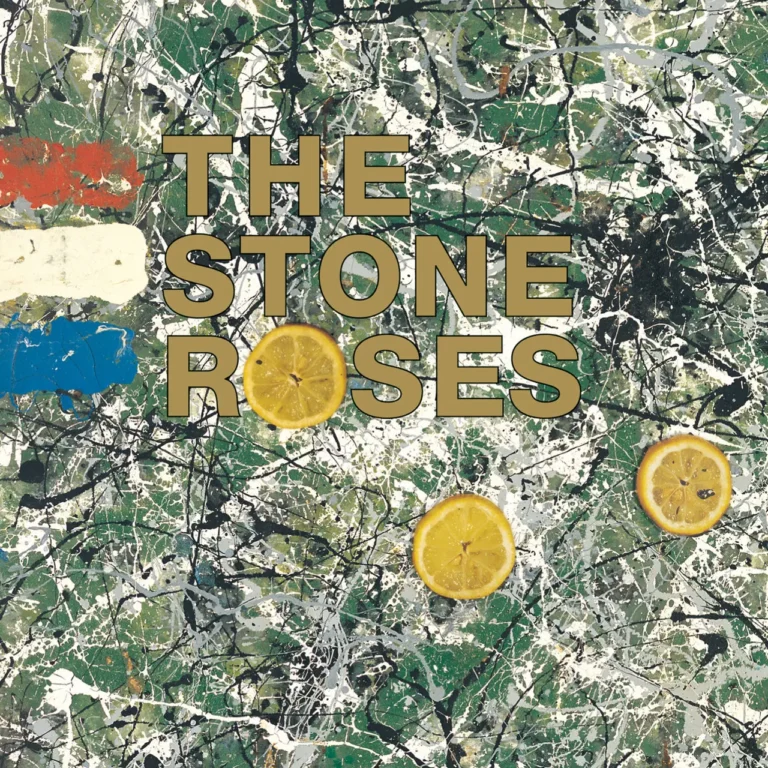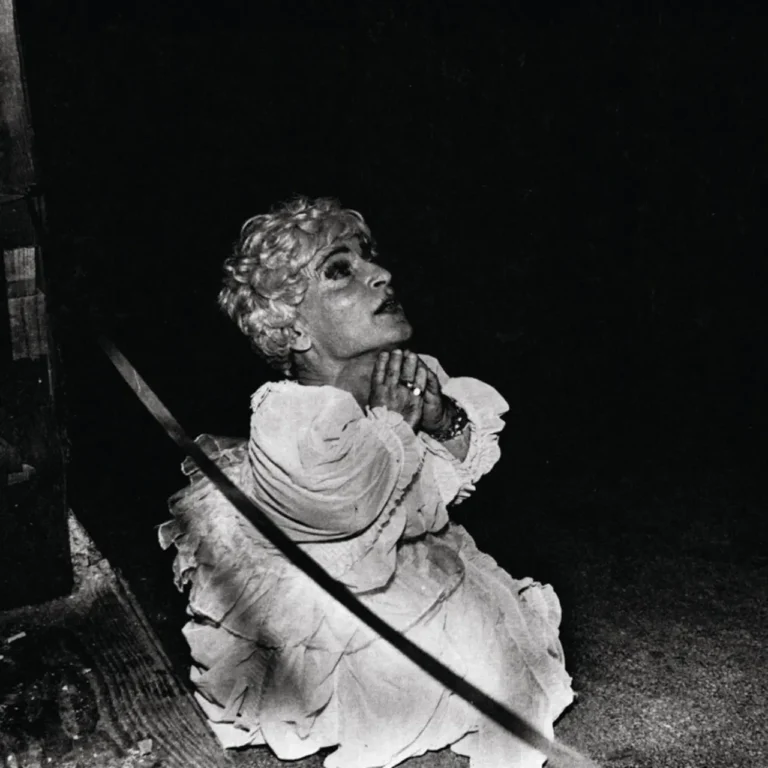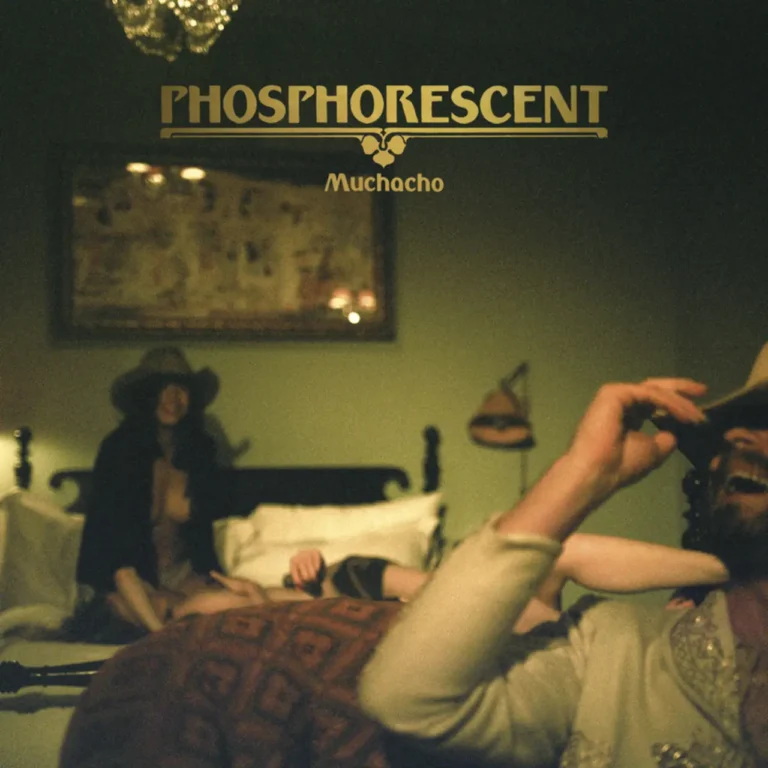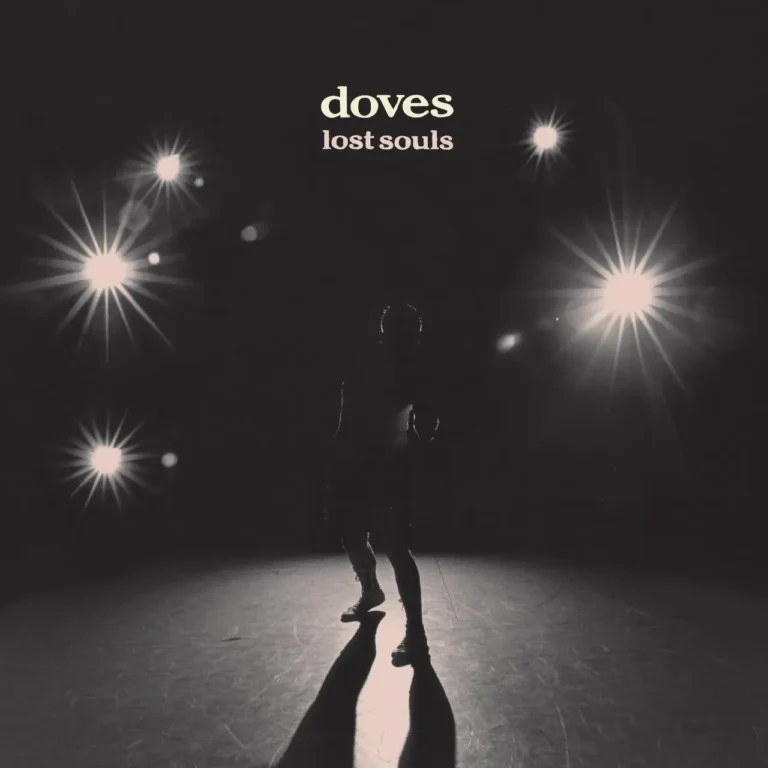Introduction to "Evil"
"Evil" is a brooding and evocative track by American rock band Interpol, featured on their 2004 sophomore album Antics. The song exemplifies the band’s signature blend of post-punk revival sound, marked by dark atmospheres, driving rhythms, and introspective lyrics. "Evil" has become one of Interpol’s most recognizable songs, showcasing their ability to merge moody storytelling with compelling musical tension.
Musical Atmosphere and Instrumentation
The song is defined by its hypnotic bassline and crisp, syncopated drum patterns that provide a steady, pulsating foundation. The guitars employ a clean yet slightly distorted tone, weaving intricate rhythmic patterns and melodic motifs that contribute to the track’s tense and compelling mood.
Paul Banks’ vocals are delivered with a cool detachment yet emotional weight, enhancing the song's dark allure. The interplay between the bass and guitars creates a textured sonic landscape that balances urgency with an understated elegance.
The minimalist keyboard accents add subtle layers, deepening the mood without overwhelming the core groove. The arrangement progresses with a restrained build-up, allowing the interplay among instruments to create a hypnotic effect that draws the listener into the song’s introspective world.
Lyrical Themes and Meaning
Lyrically, "Evil" explores themes of emotional complexity, inner conflict, and the darker sides of relationships. The song’s title points to an ambiguous sense of wrongdoing or moral struggle, but the lyrics are poetic rather than overtly narrative, inviting listeners to interpret the emotional tension in various ways.
Lines such as "She don’t care, she dies / She don’t love, she flies" evoke a sense of detachment and escape, suggesting a character caught in turmoil or disconnection. The repetition and phrasing convey a haunting sense of inevitability and resignation, underscoring feelings of emotional pain and alienation.
The song captures the duality of attraction and repulsion, love and loss, that often characterizes complicated human connections.
Vocal Delivery and Emotional Impact
Paul Banks’ vocal style in "Evil" is trademark Interpol—restrained yet expressive. His voice conveys a mix of melancholy and subtle urgency, fitting perfectly with the music’s atmospheric tension. The controlled delivery lends an air of mystery, making the emotional content feel personal yet universal.
The song's mood is accentuated by the echo and reverb effects on the vocals, heightening the sense of distance and introspection. This creates a compelling contrast between intimacy and detachment that resonates deeply with listeners.
Place in Interpol’s Catalog and Legacy
"Evil" stands as a cornerstone in Interpol’s early career, helping to cement their reputation as leaders in the post-punk revival movement of the early 2000s. Its blend of sharp musicianship and evocative songwriting typifies the band's style during this period.
The song received significant airplay and remains a fan favorite during live performances. It also appeared in various media, further extending its influence beyond the band’s core audience.
Conclusion
"Evil" by Interpol is a masterful example of post-punk revival that combines dark, moody instrumentation with introspective and poetic lyrics. The song’s hypnotic rhythm, layered guitars, and Paul Banks’ distinctive vocal delivery coalesce to create an atmosphere of emotional complexity and understated drama. Its lasting impact lies in its ability to evoke the bittersweet ache of complicated relationships, marking it as a standout track in Interpol’s influential body of work.

